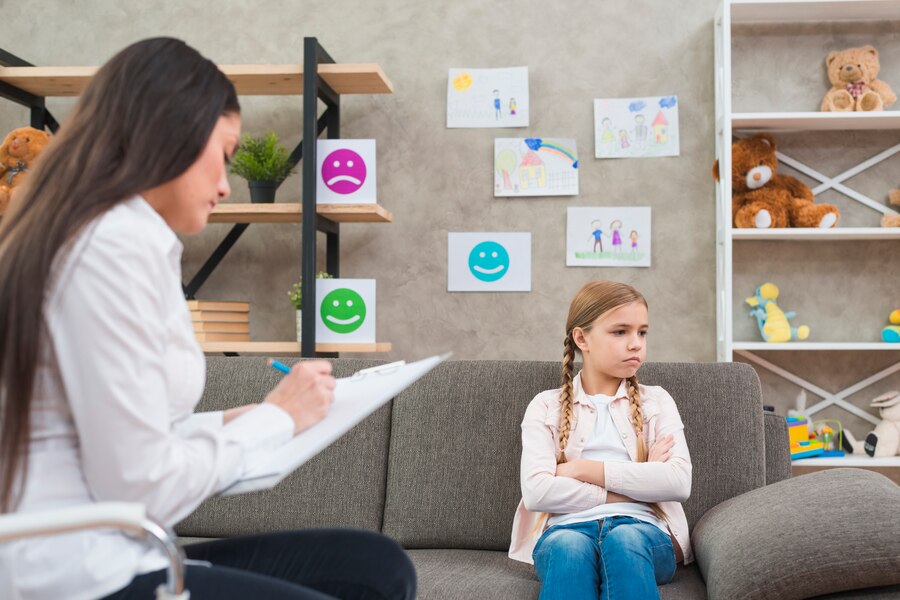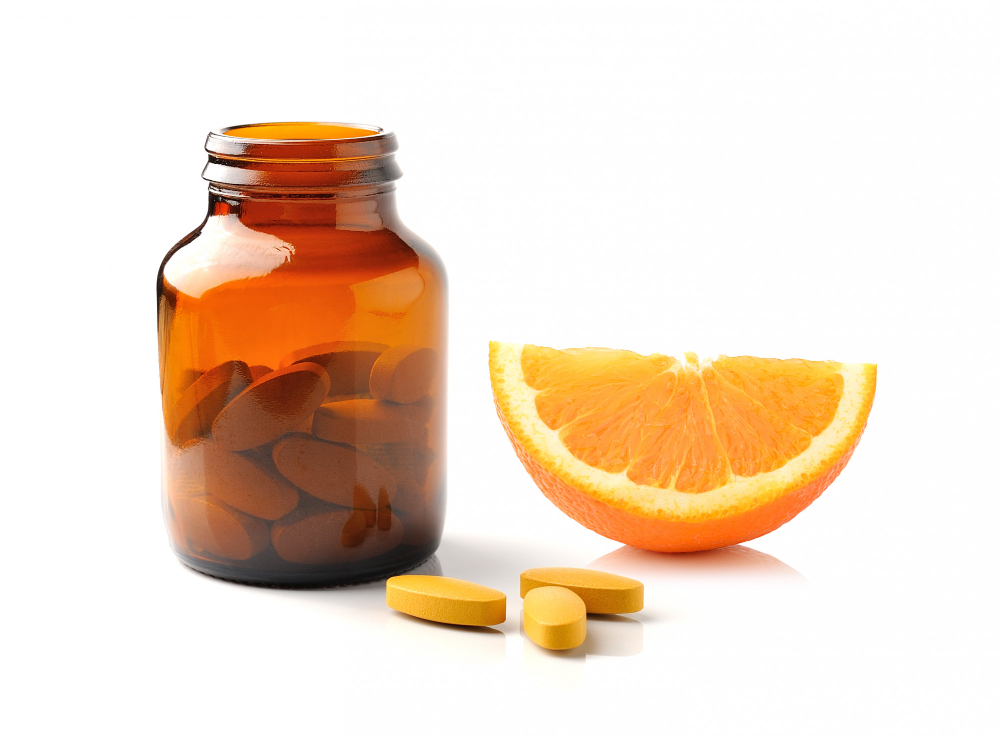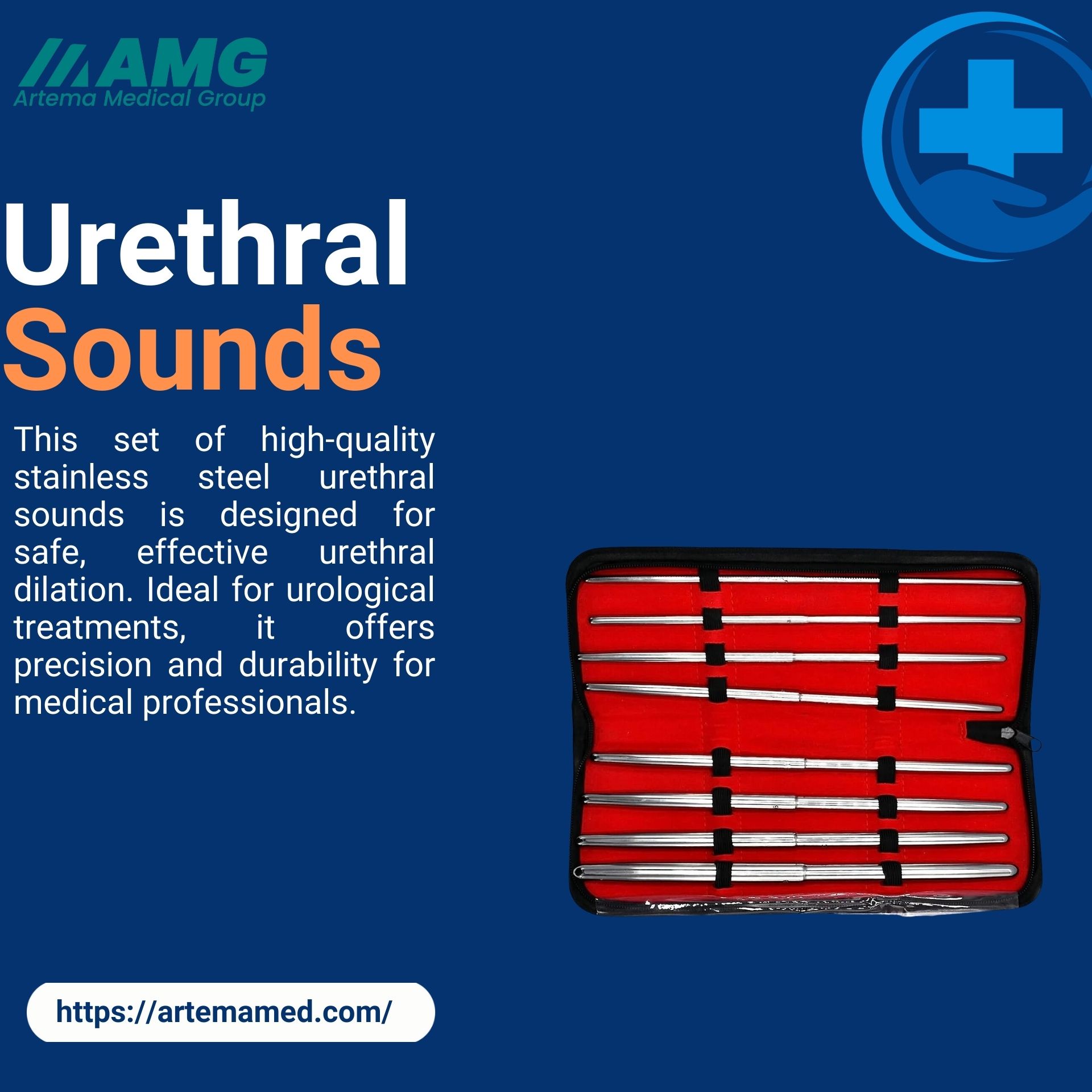Exploring Medication-Free ADHD Treatment Options in Georgia
When it comes to managing Attention-Deficit/Hyperactivity Disorder (ADHD), many people think of medication as the primary solution. However, not everyone wants to rely on pharmaceuticals, and some may not respond well to medication. Fortunately, there are effective medication-free ADHD treatment in Georgia that can help manage symptoms like inattention, hyperactivity, and impulsivity.
This blog explores non-medication-based ADHD treatment strategies, including behavioral therapy, lifestyle modifications, and holistic approaches. These alternatives can provide relief for children and adults looking for a more natural way to manage ADHD.
Behavioral Therapy: A Cornerstone of ADHD Treatment in Georgia
Behavioral therapy is one of the most effective non-medication options for managing ADHD. It focuses on changing negative behaviors and teaching coping strategies that can help both children and adults improve their ability to focus and control impulses.
Cognitive Behavioral Therapy (CBT)
Cognitive Behavioral Therapy (CBT) is a structured approach that helps individuals with ADHD recognize and modify negative thought patterns. CBT aims to improve time management, organization, and problem-solving skills, making it particularly beneficial for adults struggling with ADHD-related challenges in work or school.
Parent Training in Behavior Management
For children with ADHD, parent training in behavior management is an effective strategy. This form of therapy equips parents with tools to manage their child’s behavior, including how to set clear expectations, provide consistent consequences, and reinforce positive behavior. Many therapists in Georgia offer specialized training for parents to help them create a supportive environment at home.
Social Skills Training
Children and adolescents with ADHD often face difficulties in social situations, leading to challenges in forming friendships and maintaining relationships. Social skills training is a therapy designed to teach appropriate social behaviors, communication skills, and how to handle conflicts. This can improve social interactions and boost confidence.
Mindfulness-Based Therapy
Mindfulness-based therapy combines meditation and relaxation techniques to help individuals with ADHD manage stress, impulsivity, and emotional regulation. Mindfulness encourages focusing on the present moment, which can enhance concentration and reduce anxiety. It’s an effective strategy for both children and adults with ADHD.
Lifestyle Changes to Manage ADHD Symptoms in Georgia
Lifestyle modifications can play a crucial role in managing ADHD symptoms and enhancing overall well-being. Here are some recommended changes to support ADHD treatment in Georgia without relying on medication:
Healthy Diet and Nutrition
Nutrition plays a significant role in brain health, and certain dietary adjustments can improve ADHD symptoms. A diet rich in lean proteins, whole grains, fruits, and vegetables can support focus and attention. Some studies suggest that omega-3 fatty acids, found in fish like salmon and flaxseed, may have a positive impact on ADHD symptoms.
Avoid Processed Foods and Sugars
Processed foods and sugary snacks can worsen hyperactivity and inattention in some individuals with ADHD. Minimizing sugar intake and avoiding additives like artificial colors and preservatives can lead to improved behavior and focus.
Increase Physical Activity
Regular exercise has been shown to enhance brain function and improve attention in individuals with ADHD. Activities like running, swimming, dancing, or playing sports release endorphins that boost mood, reduce stress, and increase concentration. Physical activity is especially beneficial for children with ADHD who have high energy levels.
Implement Structure and Routines
Creating a structured daily routine can be extremely helpful for managing ADHD. A consistent schedule for tasks like waking up, eating, studying, and bedtime can provide a sense of stability. Visual aids, such as calendars or planners, can help with organization and time management, reducing stress and anxiety.
Sleep Hygiene
Quality sleep is essential for managing ADHD symptoms, as poor sleep can exacerbate hyperactivity and inattention. Establishing a bedtime routine, limiting screen time before bed, and creating a calm sleep environment can improve sleep quality. For children, a consistent bedtime and relaxing pre-sleep activities like reading can make a difference.
Holistic Approaches for ADHD Treatment in Georgia
In addition to behavioral therapy and lifestyle changes, some individuals explore holistic and alternative treatments for ADHD. These approaches aim to support brain function and reduce symptoms naturally:
Nutritional Supplements
Some research suggests that certain nutritional supplements can help manage ADHD symptoms. Omega-3 fatty acids, magnesium, and zinc are among the nutrients that may improve focus and reduce impulsivity. Before starting any supplements, it’s crucial to consult a healthcare provider to ensure they are safe and effective.
Herbal Remedies
Herbal remedies like Ginkgo biloba, Rhodiola rosea, and Bacopa monnieri are believed to enhance cognitive function, reduce stress, and support attention. While evidence for their effectiveness in treating ADHD is still limited, some individuals find these herbs helpful. It’s important to use herbal remedies under the guidance of a healthcare professional.
Yoga and Mindfulness Practices
Yoga combines physical movement with mindfulness, promoting relaxation, balance, and focus. It can be a beneficial practice for individuals with ADHD, helping them manage stress and improve emotional regulation. Similarly, mindfulness exercises like deep breathing and guided meditation can teach individuals how to slow down and concentrate on the present moment.
Neurofeedback Therapy
Neurofeedback is a type of biofeedback therapy that uses brainwave monitoring to train individuals with ADHD to regulate brain activity. During sessions, individuals receive feedback based on their brainwaves and learn how to achieve a more focused mental state. While research on neurofeedback is ongoing, some people report improvements in attention and behavior.
Outdoor Time and Nature Therapy
Spending time outdoors and engaging with nature can have a calming effect on individuals with ADHD. Activities like hiking, playing outside, or gardening can reduce stress and improve mood. Nature therapy, or “green time,” has been associated with increased focus and decreased symptoms of ADHD, particularly in children.
School-Based Interventions and Support in Georgia
Schools in Georgia often provide support for students with ADHD through Individualized Education Plans (IEPs) or 504 Plans. These plans ensure that students with ADHD receive accommodations tailored to their needs, which can include:
Extra Time on Tests and Assignments
Students with ADHD may benefit from additional time to complete exams or assignments. This allows them to process information at their own pace and reduces pressure.
Preferential Seating
Sitting in the front of the classroom or away from distractions can help students with ADHD stay focused. Teachers can provide guidance and reminders to keep students on task.
Behavioral Interventions
Positive behavioral interventions, such as reward systems, can motivate students to stay engaged and complete tasks. Teachers and school counselors work together to create a supportive learning environment.
Access to Special Education Services
Special education services in Georgia schools may include additional tutoring, counseling, or one-on-one support for students with ADHD. These resources help students overcome academic challenges and improve their social skills.
Benefits of Non-Medication ADHD Treatment
Choosing a medication-free approach to ADHD treatment has several advantages. Here’s why many individuals in Georgia opt for non-medication methods:
Fewer Side Effects
Medication for ADHD can come with side effects like appetite suppression, sleep disturbances, or mood changes. Non-medication approaches avoid these risks and provide a natural way to manage symptoms.
Focus on Long-Term Skills Development
Therapies and behavioral interventions focus on teaching coping strategies and skills that can have a lasting impact. These skills empower individuals to manage ADHD in various aspects of life, from academics to relationships.
Holistic and Comprehensive Care
Non-medication treatments often take a holistic approach, addressing physical, emotional, and social aspects of well-being. This comprehensive strategy helps individuals thrive in multiple areas of life.
Customizable Treatment Plans
Non-medication ADHD treatments are highly customizable. Behavioral therapy, lifestyle changes, and holistic methods can be tailored to fit the unique needs of each individual, making it easier to find a treatment plan that works.
FAQs
1. Can ADHD be effectively treated without medication?
Yes, ADHD can be effectively managed without medication through behavioral therapy, lifestyle modifications, mindfulness practices, and holistic approaches. These methods provide tools and strategies to improve focus, reduce impulsivity, and manage stress.
2. What types of therapy are available for ADHD in Georgia?
In Georgia, various therapies are available for ADHD, including Cognitive Behavioral Therapy (CBT), social skills training, mindfulness-based therapy, and parent training in behavior management. These therapies are effective in teaching coping skills and improving behavior.
3. What role does diet play in managing ADHD symptoms?
Diet can have a significant impact on managing ADHD symptoms. A healthy diet rich in whole foods, lean proteins, and essential nutrients supports brain health and improves focus. Avoiding processed foods, sugary snacks, and artificial additives can also reduce hyperactivity.
4. How can exercise benefit individuals with ADHD?
Exercise releases endorphins that improve mood, reduce stress, and increase concentration. Regular physical activity helps individuals with ADHD manage symptoms by promoting focus, self-discipline, and emotional regulation.
5. Is neurofeedback therapy effective for ADHD treatment?
Neurofeedback therapy may be beneficial for some individuals with ADHD, as it helps train the brain to regulate its activity. While more research is needed to confirm its effectiveness, many people report positive results, particularly in improving attention and reducing impulsivity.














Post Comment